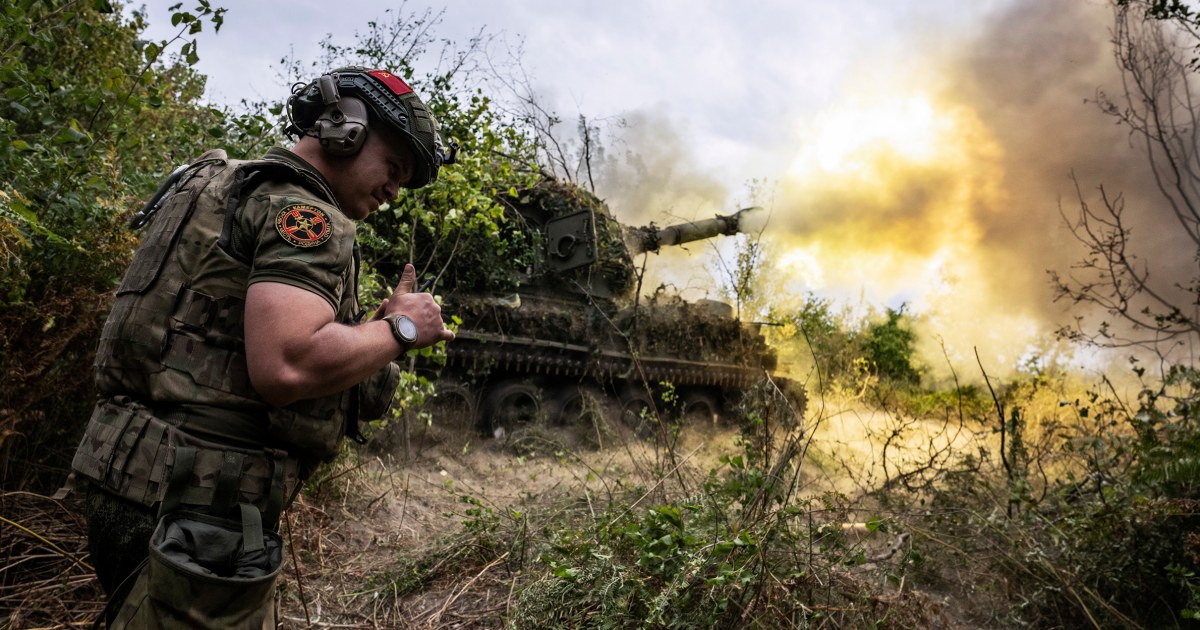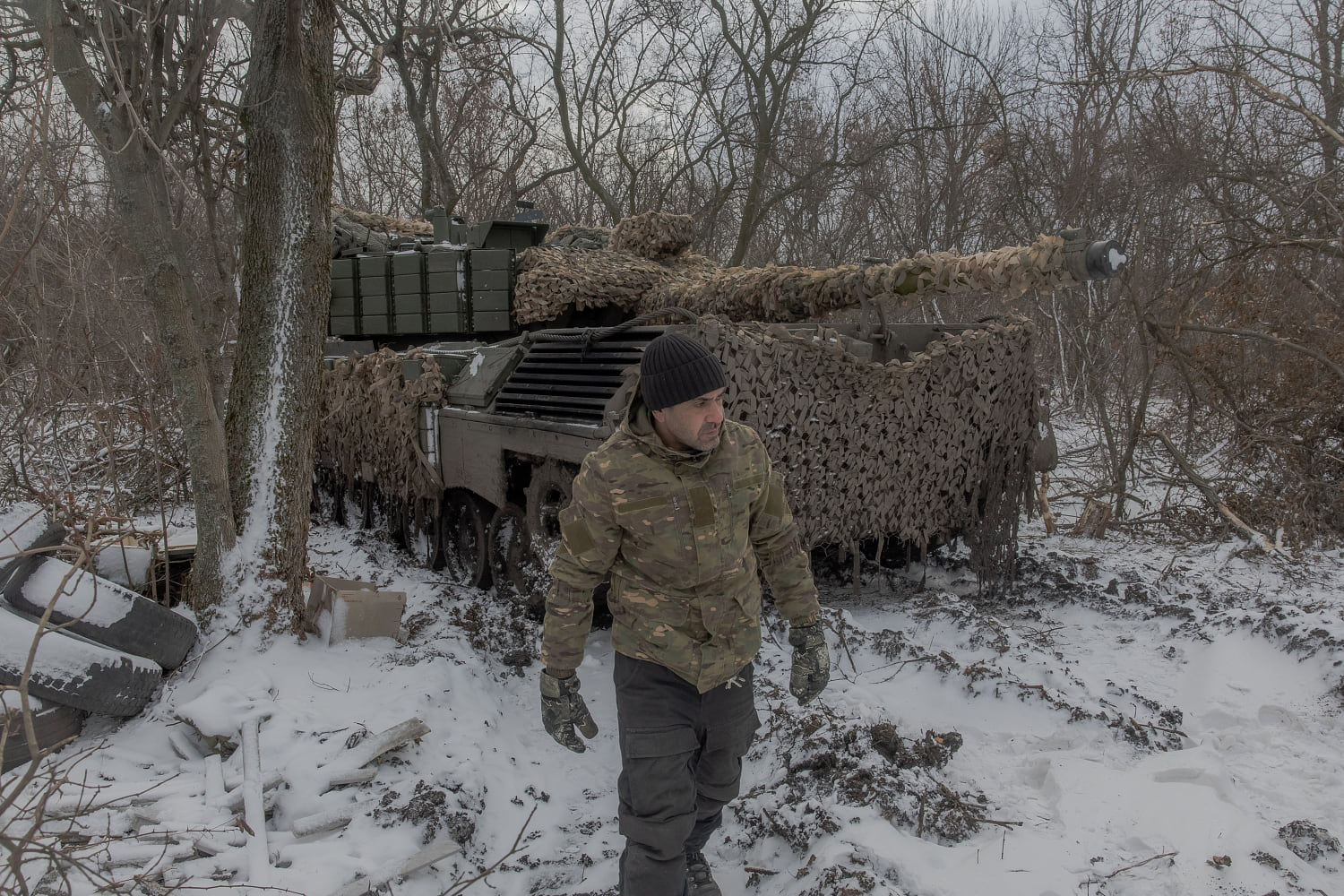Ukraine launches new offensive in Kursk, Russia
The new Kursk offensive comes as Ukraine positions itself for the likelihood of Trump pushing for a peace deal with Moscow, which has raised fears Kyiv could be pressured into unfavorable compromises.
And while many Ukrainians want the war, now in its third year, to end, there are concerns that a truce could allow Russian President Vladimir Putin to regroup and launch further attacks when he deems it advantageous.
If truce negotiations are to take place, Ukraine wants to do so from a position of strength, and President Volodymyr Zelenskyy has remained dogged in his rhetoric.
Zelenskyy said in his nightly address Saturday that Russian forces had lost “up to a battalion of infantry, North Korean soldiers and Russian paratroopers” in one day of battles in Kursk, the latest claim from Kyiv or its backers that North Korean troops have suffered heavy losses.
But the scale of Ukraine’s latest offensive in Kursk is still unclear.
The accounts from the defense ministry and the bloggers said fighting was concentrated just north of a highway that runs from Sudzha, near the border, to Kursk, the regional capital.
One influential blogger, Yuri Podolyaka, called Ukraine’s attack a “long-anticipated last-hope counteroffensive.”
“Fighting is ongoing on the approaches to Berdin. Intense battles are underway, and the enemy is advancing seriously,” he said.
The Russian defense ministry also said in its statement that Ukraine had launched an assault toward the village of Berdin, some 16 miles from Sudzha. The attack included tanks, a mine-clearing vehicle, armored combat vehicles and paratroopers, it said. But Podolyaka said this was most likely a Ukrainian distraction maneuver, possibly to prepare a strike on Glushkovo, further west.
Cautioning against premature conclusions, one Western analyst said it was too early to tell “how significant or not this actually is,” and warned against relying on Russian information.
“Ukraine’s military has been characteristically tight-lipped about current developments, as experience shows this is key to success,” said Keir Giles, a senior consulting fellow with the London-based think tank Chatham House’s Russia and Eurasia program. “This leaves the field open for Russian propaganda and disinformation to spread their version of events.” The true picture, he told NBC News, “will only become clear later.”
Giles also said that while North Korean support in Russia was going “about as badly as anybody predicted,” Russia’s ally remained committed to the cause, while Ukraine’s main backer was now a flight risk.
“Both Russia and Ukraine have coalitions of backers keeping them in the fight,” he said. “The key difference is that Russia’s coalition appears to provide what Moscow needs, when it needs it — whereas with the arrival in power of Donald Trump, the core member of Ukraine’s team may be about to pull the rug from under it by curtailing aid altogether.”


